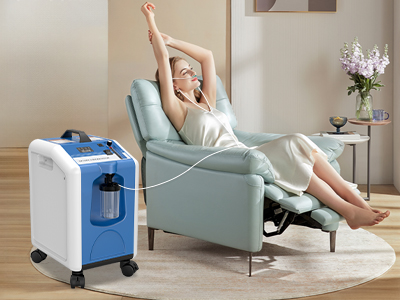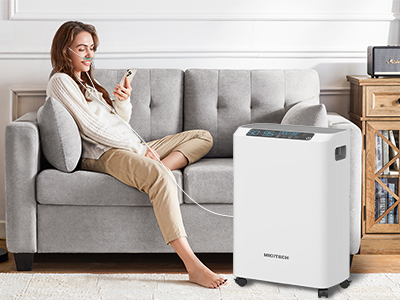15 Jul 2024
Maintaining your oxygen air compressors is essential for ensuring its longevity and optimal performance. Regular care not only prolongs the lifespan of the equipment but also guarantees consistent and efficient operation.

Regular Inspection and Monitoring
To keep your oxygen air compressor in top condition, regular inspection is crucial. Start by examining the compressor for any visible signs of wear and tear, such as cracks or leaks. Monitoring pressure levels is equally important; ensure that the compressor maintains the appropriate pressure without frequent fluctuations. This practice helps in early detection of potential issues, allowing for timely intervention.
Cleaning and Replacing Filters
Clean filters are vital for the efficient operation of your compressor. Dirty filters can restrict airflow, leading to overheating and reduced performance. To clean or replace filters, first, turn off the compressor and release any built-up air pressure. Remove the filters and either clean them with a mild detergent or replace them with new ones. Regular filter maintenance prevents dust and debris from entering the system, thus protecting the compressor’s internal components.
Checking and Replacing Hoses
Hoses are critical components of the oxygen air compressor, and regular checks are necessary to ensure they are in good condition. Look for signs of wear such as cracks, bulges, or leaks. If any damage is detected, replace the hoses immediately. Using high-quality, durable hoses can prevent frequent replacements and ensure the safe operation of the compressor.

Monitoring and Maintaining Electrical Components
Electrical components require careful monitoring to ensure they function correctly. Check that all electrical connections are secure and free from corrosion. Inspect wiring for any signs of damage or wear. If you notice any electrical issues, such as unusual noises or sparks, address them immediately to prevent potential hazards.
Storing the Compressor Properly
Proper storage of your oxygen air compressor can significantly impact its longevity. Store the compressor in a clean, dry, and well-ventilated area to avoid rust and environmental damage. Ensure that the compressor is covered when not in use to protect it from dust and debris. Proper storage practices help maintain the compressor’s condition and readiness for future use.
Scheduling Professional Maintenance
While regular DIY maintenance is essential, scheduling professional inspections and maintenance is equally important. Professionals have the expertise to identify and address issues that may not be apparent to the untrained eye. Regular professional maintenance ensures that your compressor operates at peak efficiency and can extend its lifespan.
Troubleshooting Common Issues
Even with regular maintenance, you may encounter common issues with your oxygen air compressor. Problems such as reduced pressure, overheating, or unusual noises are signs that the compressor needs attention. Refer to the user manual for troubleshooting tips, but do not hesitate to seek professional help if the problem persists. Promptly addressing issues can prevent more severe damage and costly repairs.
Conclusion
Caring for your oxygen air compressor involves a combination of regular inspection, cleaning, lubrication, and professional maintenance. By following these best practices, you can ensure the longevity and optimal performance of your compressor. Regular care not only enhances the efficiency of the equipment but also provides peace of mind, knowing that your compressor is in good working condition.
Keywords: air compressor
Originally published 15 Jul 2024, updated 15 Jul 2024.